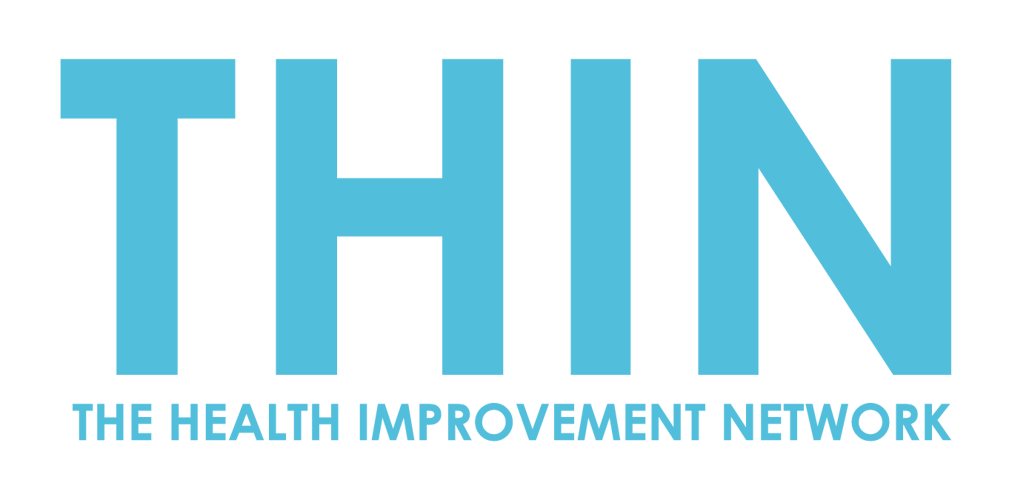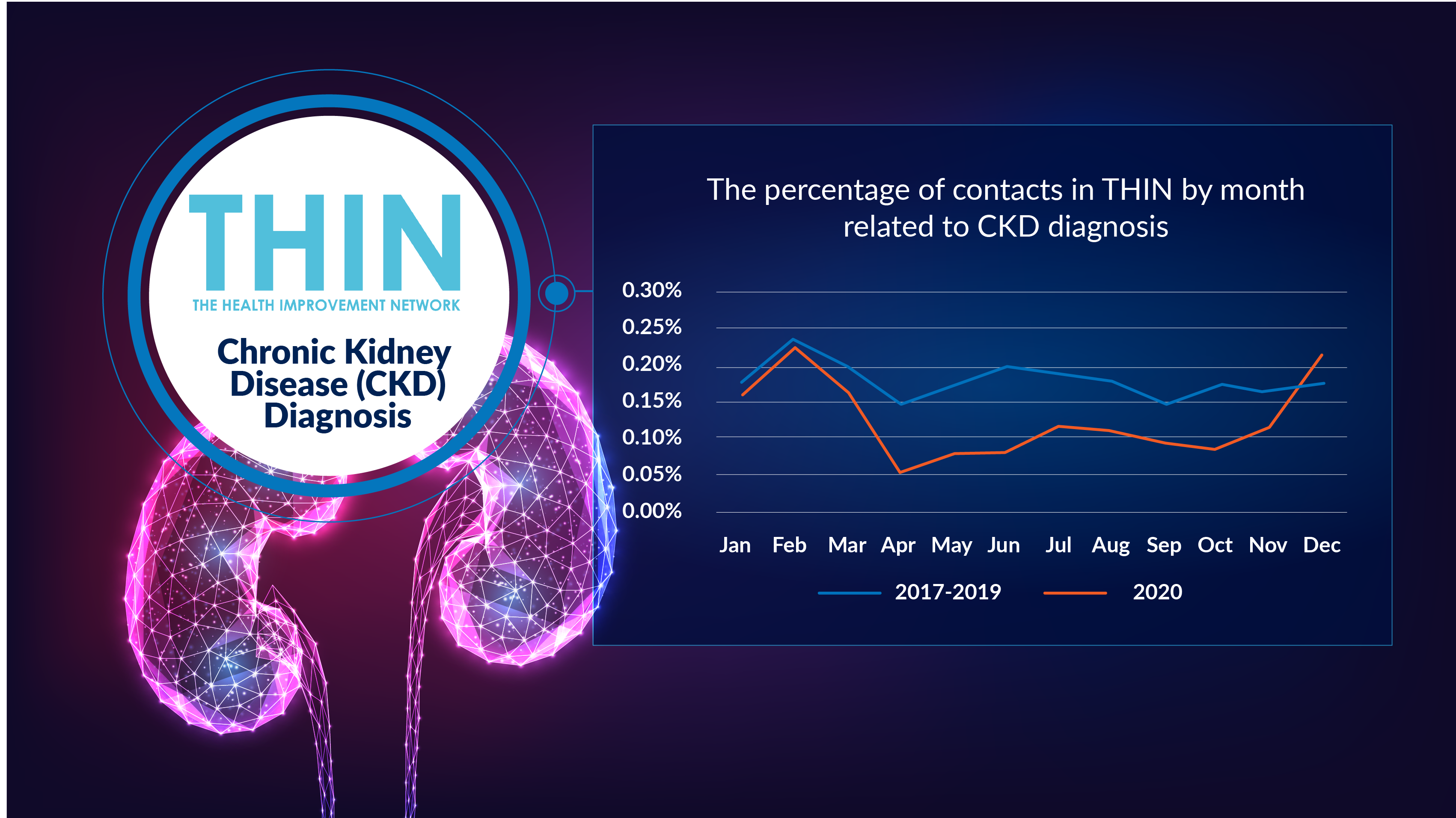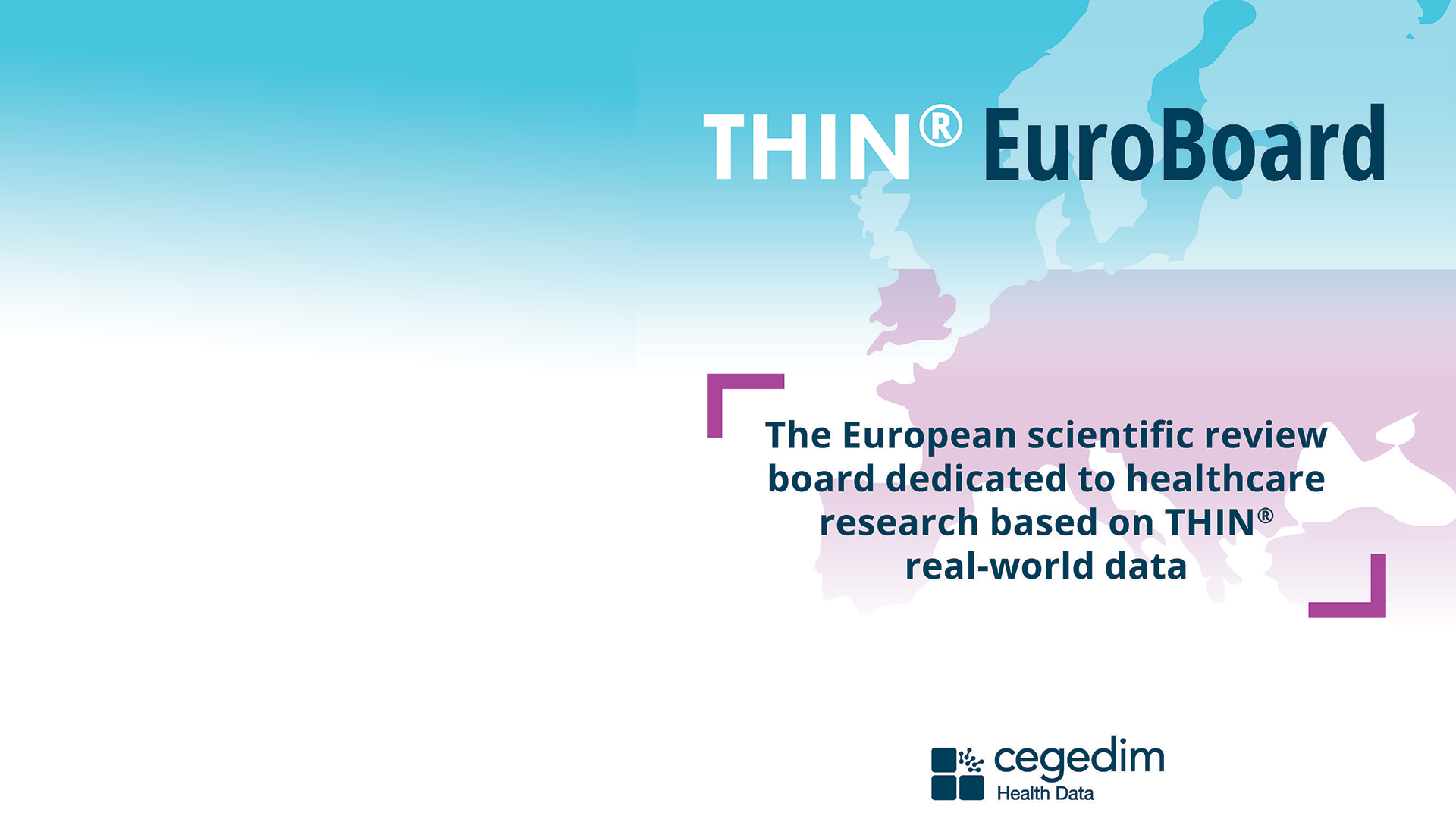University of Birmingham partners with Cegedim for Data-Driven ‘RADIANT’ Study.

Cegedim Health Data’s THIN® Database and Outcomes Manager solution to provide the foundation for the implementation and evaluation of a novel ‘dAta-DrIven rANdomised clinical Trial platform’ in primary care (RADIANT*)
The University of Birmingham has partnered with Cegedim Health Data in an exemplar study on the implementation and evaluation of a novel ‘dAta-DrIven rANdomised clinical Trial platform’ (RADIANT) in primary care. The RADIANT trial is funded by the National Institute for Health and Care Research (NIHR) as part of their Research for Patient Benefit Programme.
The University will use Cegedim Health Data’s anonymised patient database, The Health Improvement Network (THIN®), and Outcomes Manager, in a data-driven approach at HCP level to select a data set by gender and clinical criteria in a cohort for a randomised controlled trial on Gestational Diabetes Mellitus (GDM). Outcomes Manager is an agnostic tool that can integrate/plug-in to the GP Clinical System to automatically read and write to the selected anonymised data set to access the key clinical information and the patient data.
The trial will make use of the Dexter Software, an automated Data Extractor for Epidemiological Research Platform developed by the University of Birmingham Institute of Applied Health Research – which uses standardised methods to select eligible cohort and electronically follow them up.
In addition, the trial will use Cegedim’s Outcomes Manager software to check eligibility criteria, randomise women to the intervention or the control group, and send a text message reminder to women in the intervention group. This trial will reduce the burden of taking part for both patients and health workers by using data recorded in usual clinical practice to find out whether the intervention works.
Francesca Crowe, Lecturer in Epidemiology and Health Informatics, Institute of Applied Health Research, University of Birmingham, comments:
“Standard randomised controlled trials (RCTs) rely on manual methods to select and include patients and few of those who are suitable actually take part. This makes RCTs time-consuming, and it is hard to know if the intervention will work in everyone.
We wanted to check if, by adopting a data-driven approach to RCTs within electronic medical records, we could improve the validity of clinical trials while minimising the loading on both patients and GPs.”
The Health Problem
The researchers found a current health problem; lack of testing for diabetes in women who developed diabetes during pregnancy, or gestational diabetes mellitus (GDM). Each year, 30,000 women in the UK develop GDM which is common in ethnic minority women. Often GDM goes away after giving birth but women who had GDM are more likely to develop diabetes in the next few years. Therefore, women are advised to have yearly diabetes tests to detect and manage diabetes early before problems occur. Unfortunately, many women are not tested yearly.
In collaboration with patients, the University will develop a short animation explaining why it is important for women who had GDM to have yearly diabetes tests. The trial will send a text message with a link to the animation to women who had GDM, encouraging them to book a diabetes test with their GP. This way we can inform and empower women to request a test.
Dr Crowe explains, “Using Cegedim Health Data’s THIN® database, we can automatically identify the data from the cohort of women who have had GDM and who already receive text messages from their GP. We will then randomly divide them into two groups. One group will receive the text message and animation, the other will not. Using Outcomes Manager, we will collect anonymous information from electronic medical records to find out if more women who received the text message had diabetes tests.
“We will find out whether the text message and animation are acceptable and good value for money. We have developed this study in close collaboration with women who have had GDM who think this intervention will inform, remind, and empower women to self-manage.”
The RADIANT trial has approval from the National Institute for Health and Care Research (NIHR) and NHS Ethics approval is in process to progress to engaging the participants that have been selected into active participants in the study.
Data-Driven Solutions
Cegedim Health Data’s THIN® UK database, is a proprietary anonymised clinical data repository, including patient characteristics and clinical outcomes, representative of 6% of the UK Population.
Cegedim’s Outcomes Manager is agnostic and can integrate/plug-in to other GP Clinical Systems, including EMIS and System One, as well as Cegedim’s Clinical GP System (Vision). It will enable the GP to automatically read and write to the anonymised data set accessing the key clinical information within the patient data/population.
The solution also utilises ‘Patient App Integrations’ to facilitate enrolment of prospective patient/participants via text message. This will also support communication for participants enrolled in the trial for notifications and monitoring such as blood test follow ups and other communication to support engagement.
Finally, using data tagging and specific codes for the trial, data connected via the THIN® database and other GP Clinical Systems, supports tracking of trial participants anonymously. It facilitates live progress monitoring, where typically for clinical trials this can only be done retrospectively, thereby saving clinical time and resource.
The Dexter software platform uses standardised methods to generate ready-to-analyse extracts and analytical results of electronic health records and for epidemiology and pharmaco-epidemiology research. It is currently being used with the THIN® database and other electronic healthcare datasets.
Dr Crowe comments:
“It is vital that we continue to undertake randomised clinical trials work to support improvements in patient pathways and overall health outcomes. However, the cost and time involved in traditional methods is no longer viable in the current socioeconomic environment, nor given the extreme pressures primary care is facing. Our aim with RADIANT is to validate that a data-driven approach offers better outcomes as well as time and cost savings and we hope that this first study is one of many more to come.”
Samir Dhalla, Chief Clinical Information Officer, UK Cegedim Healthcare Solutions, concludes:
“As a long-standing partner of both the University of Birmingham and the NHS at large, we are delighted to be involved in their exemplar RADIANT study, which we also hope will mark a new era for data-driven, randomised controlled trials.
Standard randomised controlled trials (RCTs) rely on manual methods to identify and include patients and few of those who are suitable actually take part. This makes RCTs time-consuming, and it is hard to know if the intervention will work in everyone.
We wanted to identify if, by adopting a data-driven approach to RCTs within electronic medical records, we could improve the validity of clinical trials while minimising the loading on both patients and GPs.”
* RADIANT - The full research acronym stands for: « impRoving testing for cardiometabolic diseases in those with previous gestational diabetes mellitus: an exemplar study on implementation and evaluation of a novel dAta-DrIven rANdomised clinical Trial platform in primary care.
About THIN®
THIN® is an unobtrusive medical data collection scheme that contains anonymised longitudinal patient records for approximately 6% of the UK population. It is the key driving force behind enabling advancements in patient care and outcomes, with one of the most respected and reliable data sources for anonymised primary care records.



